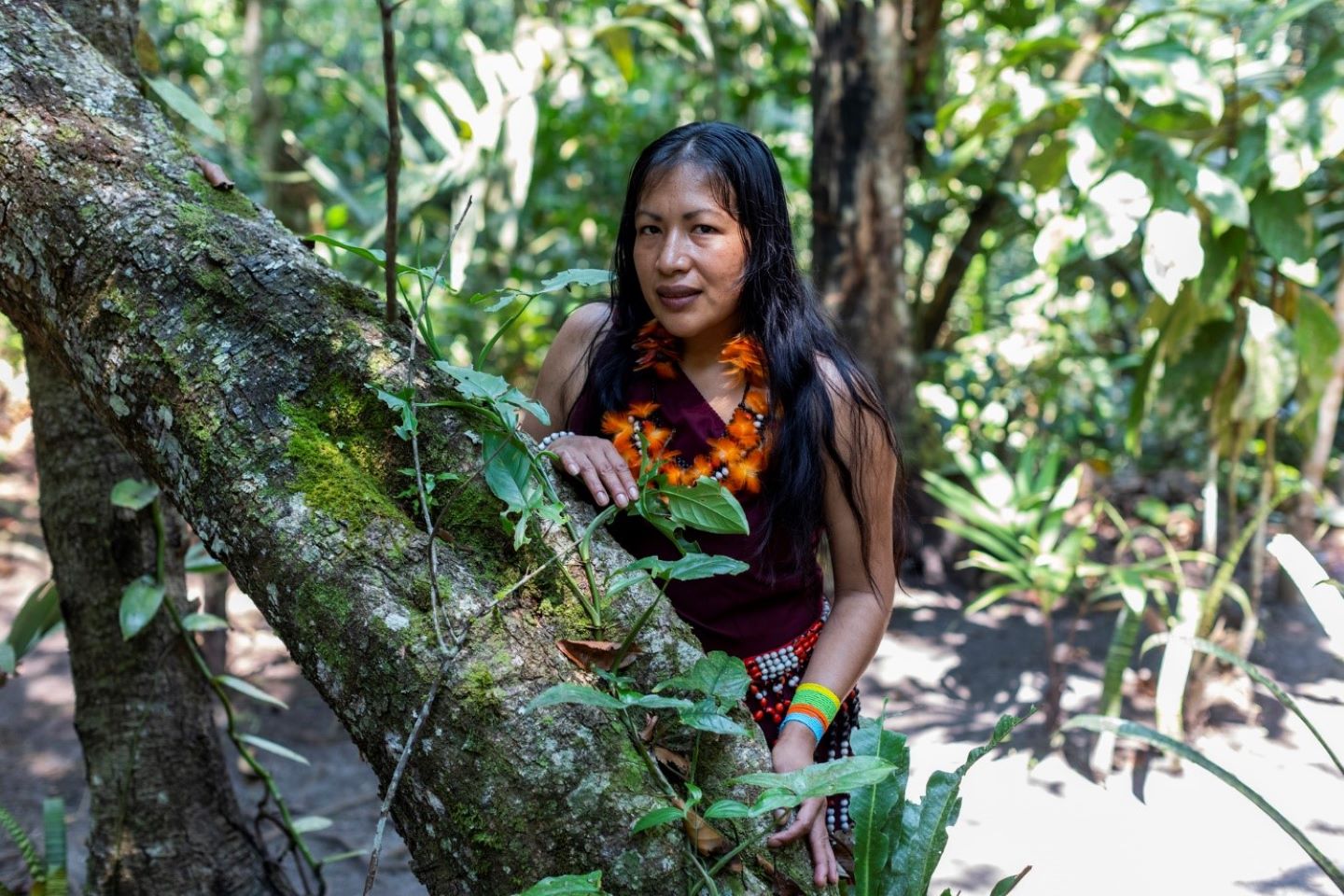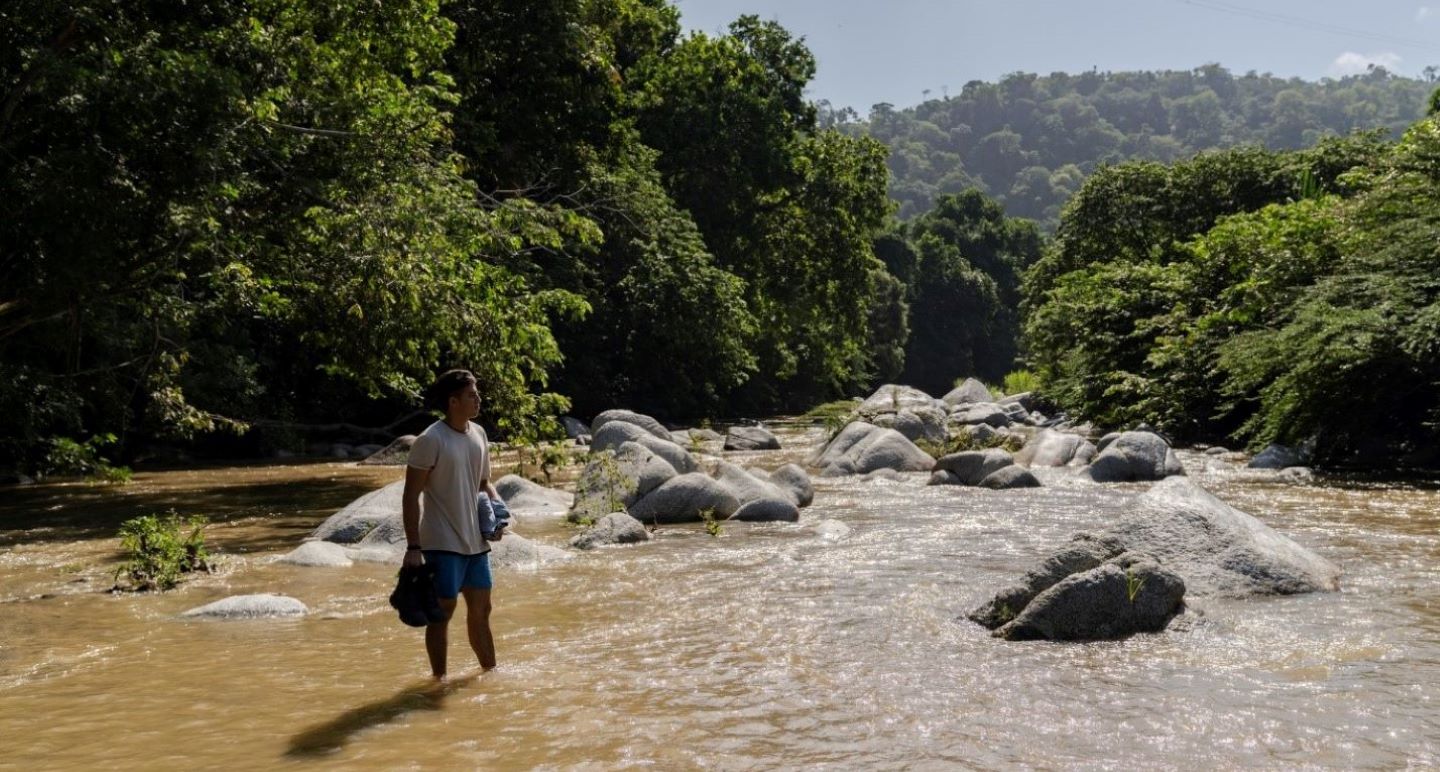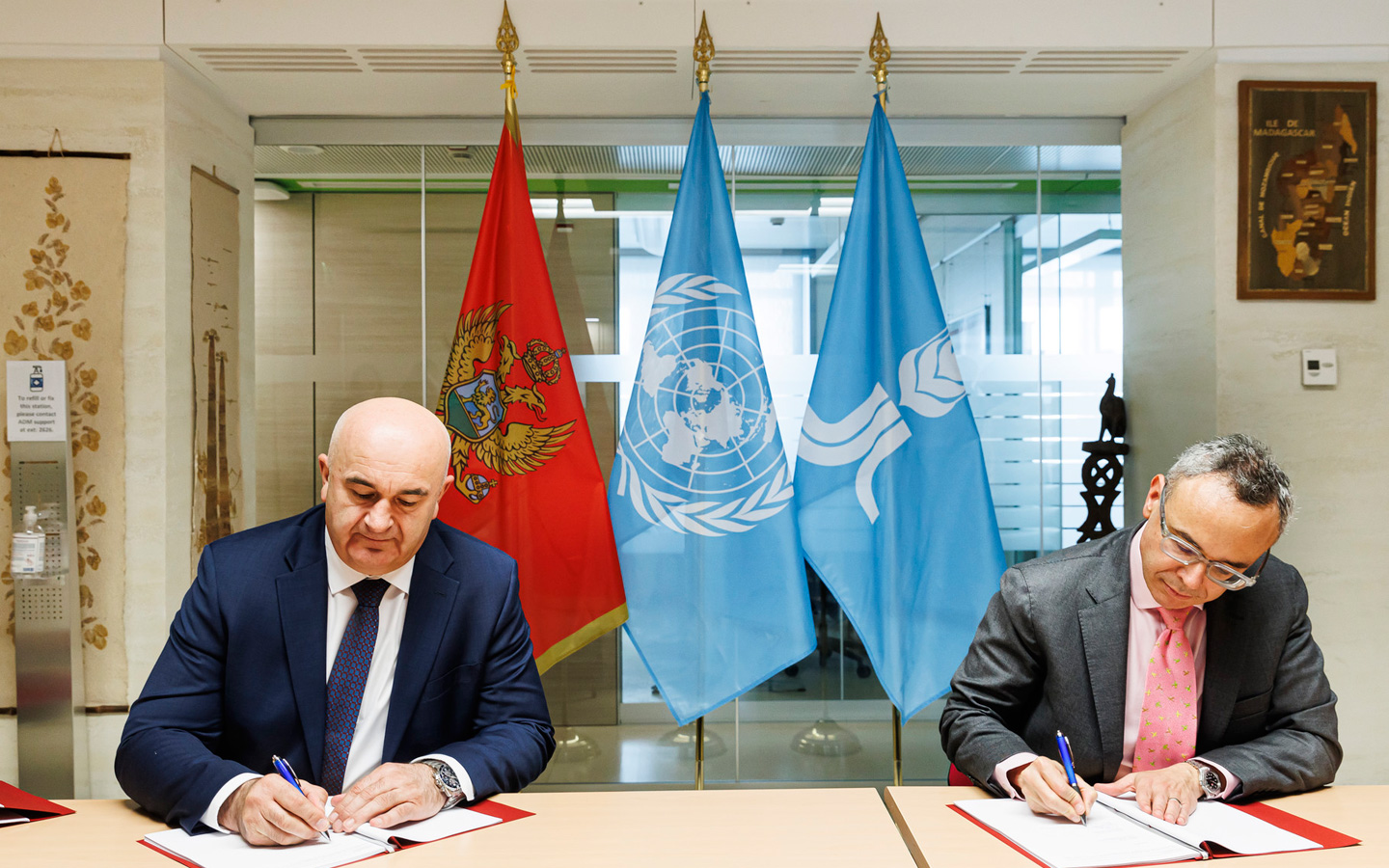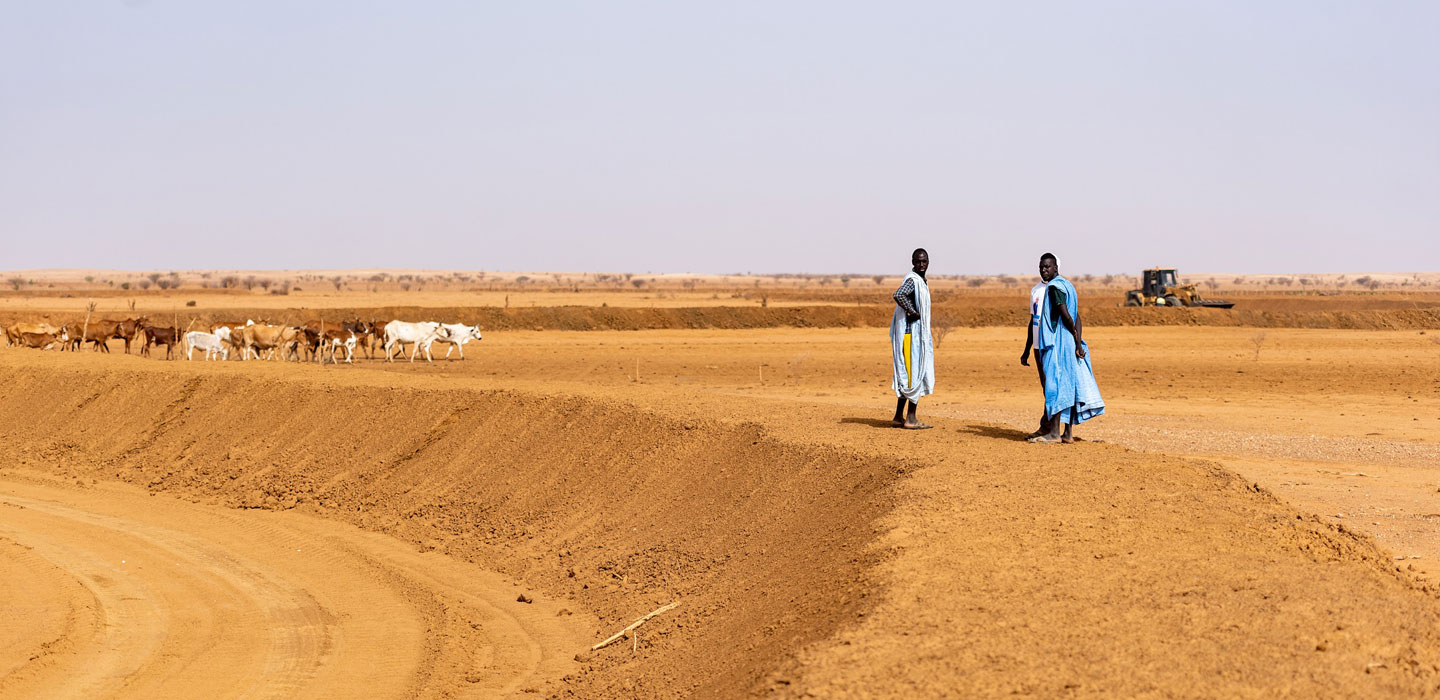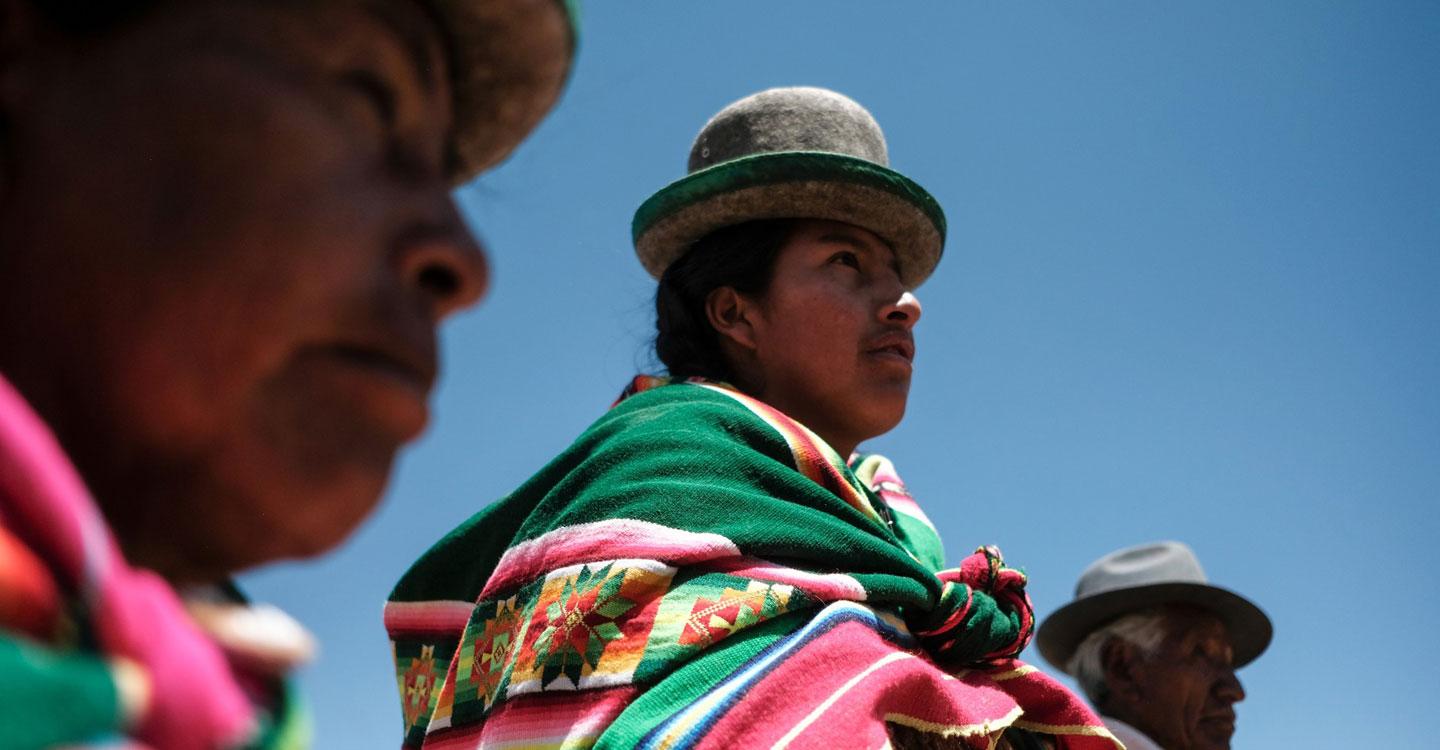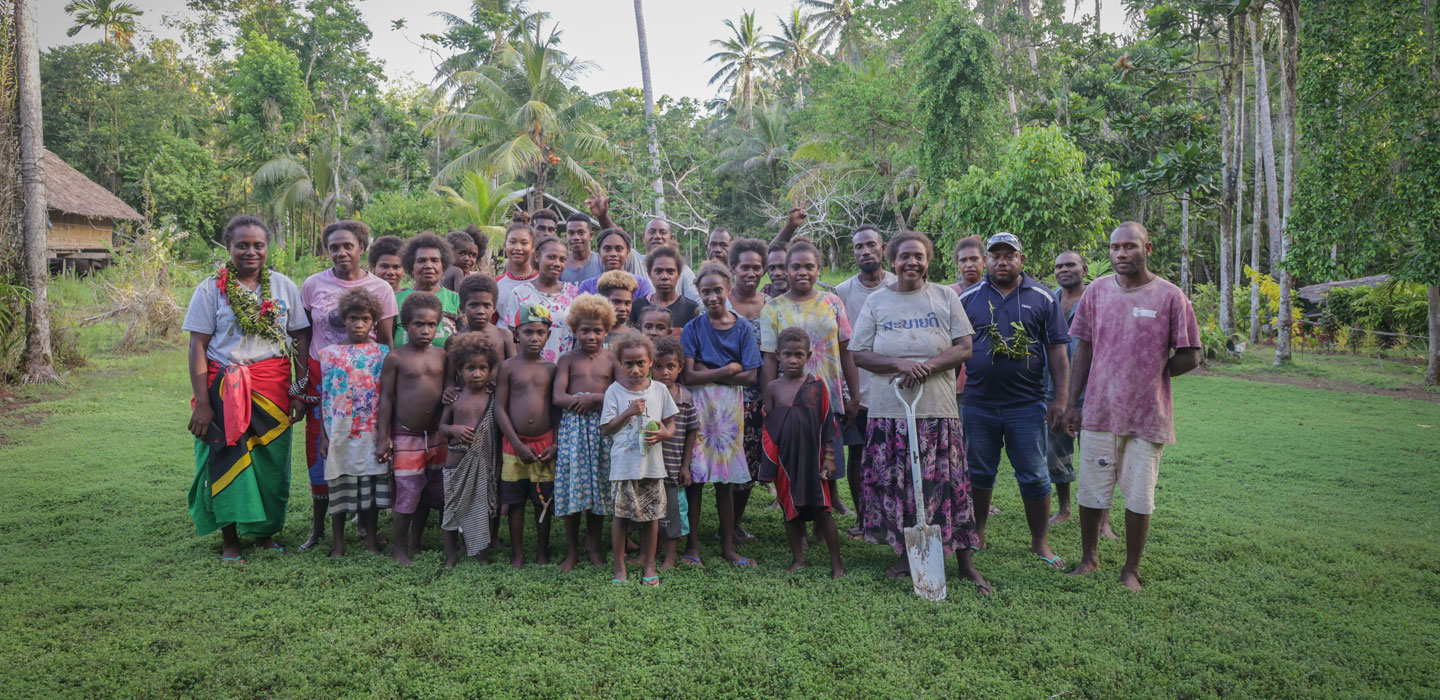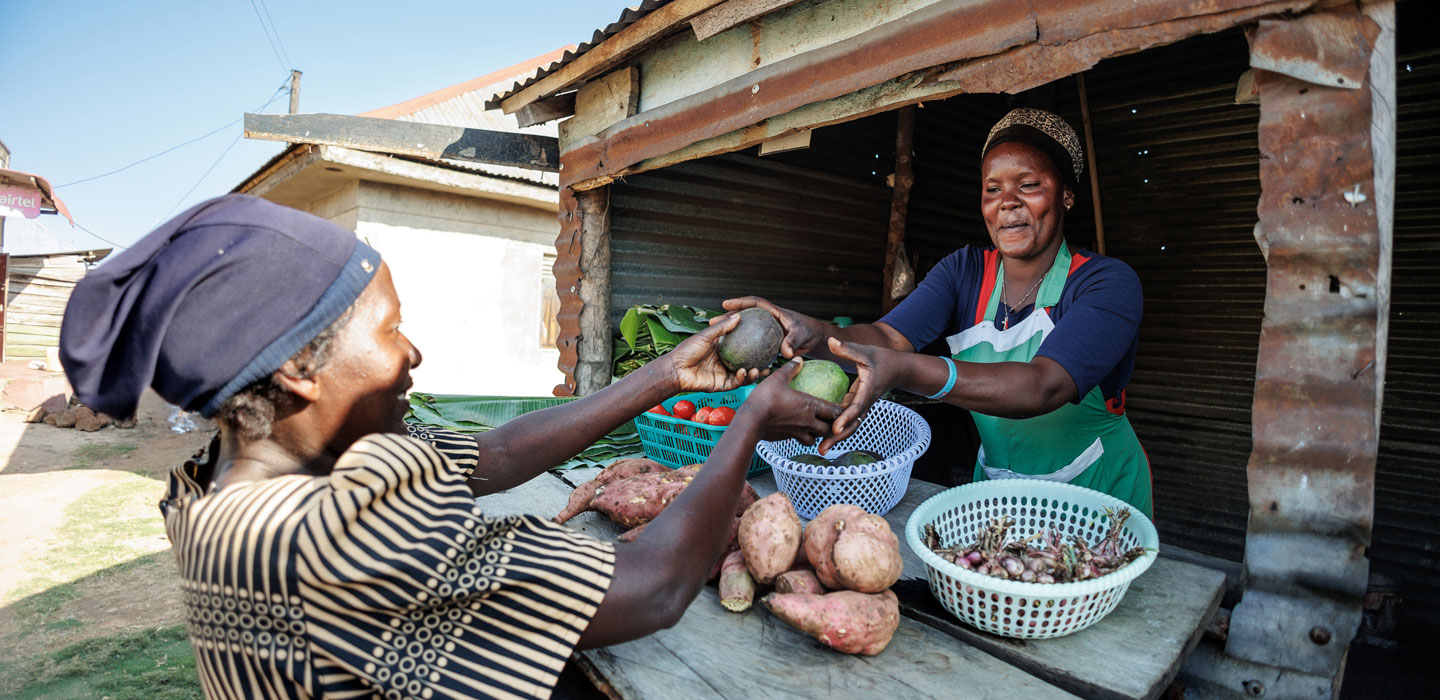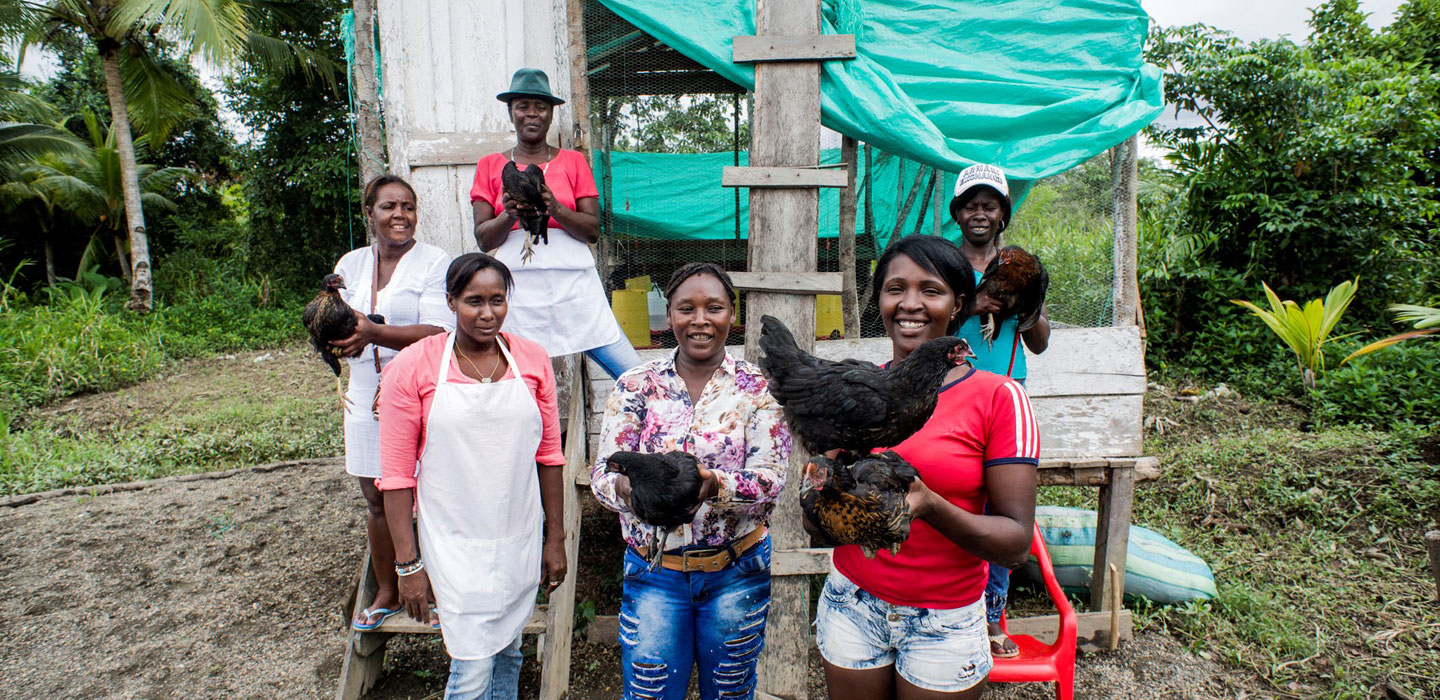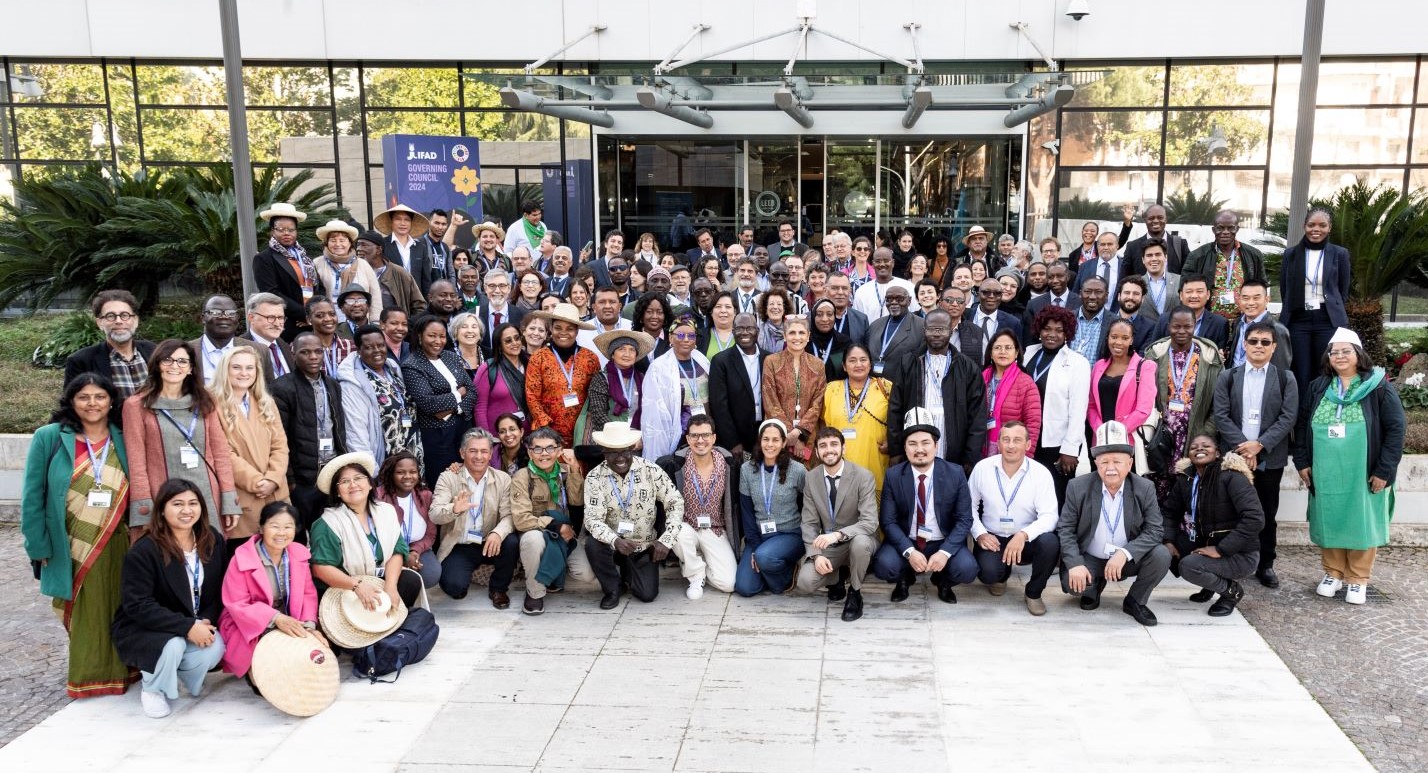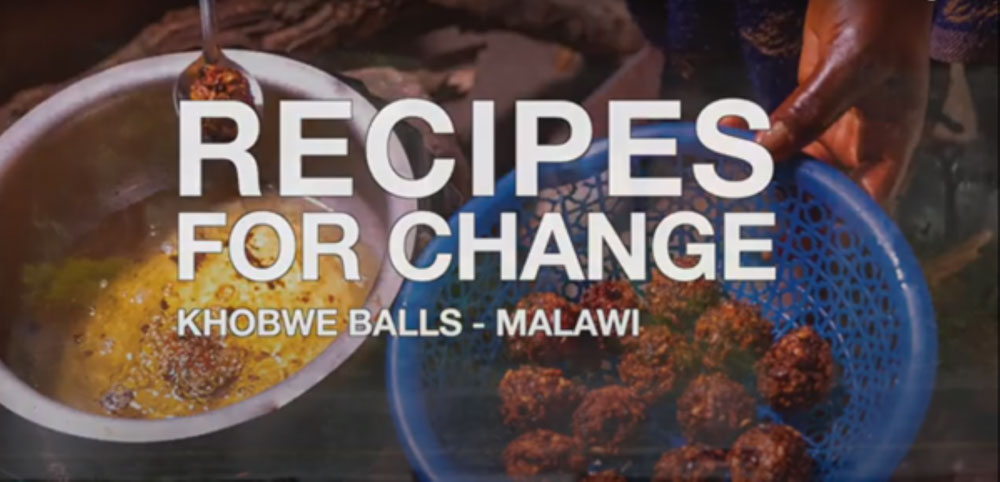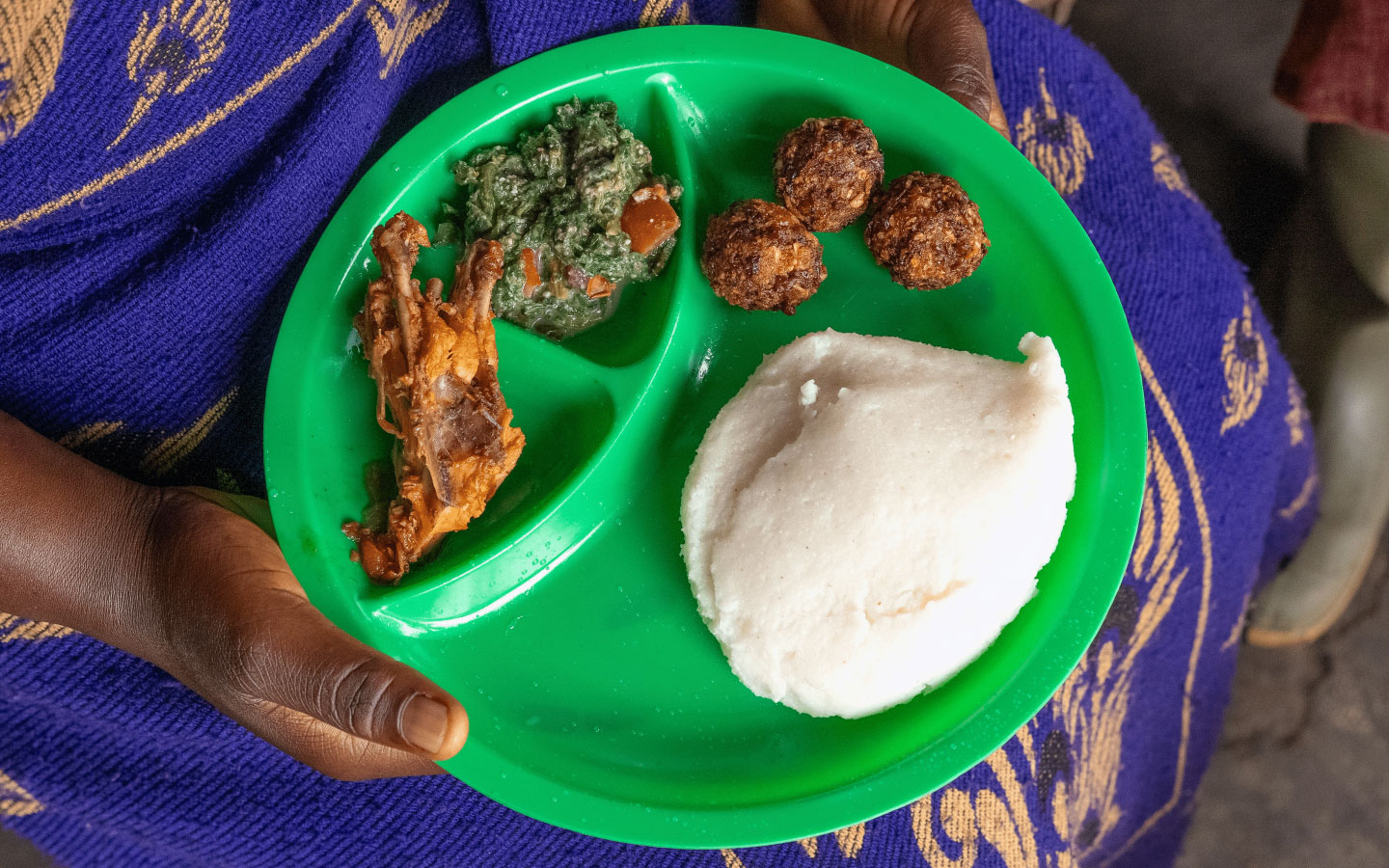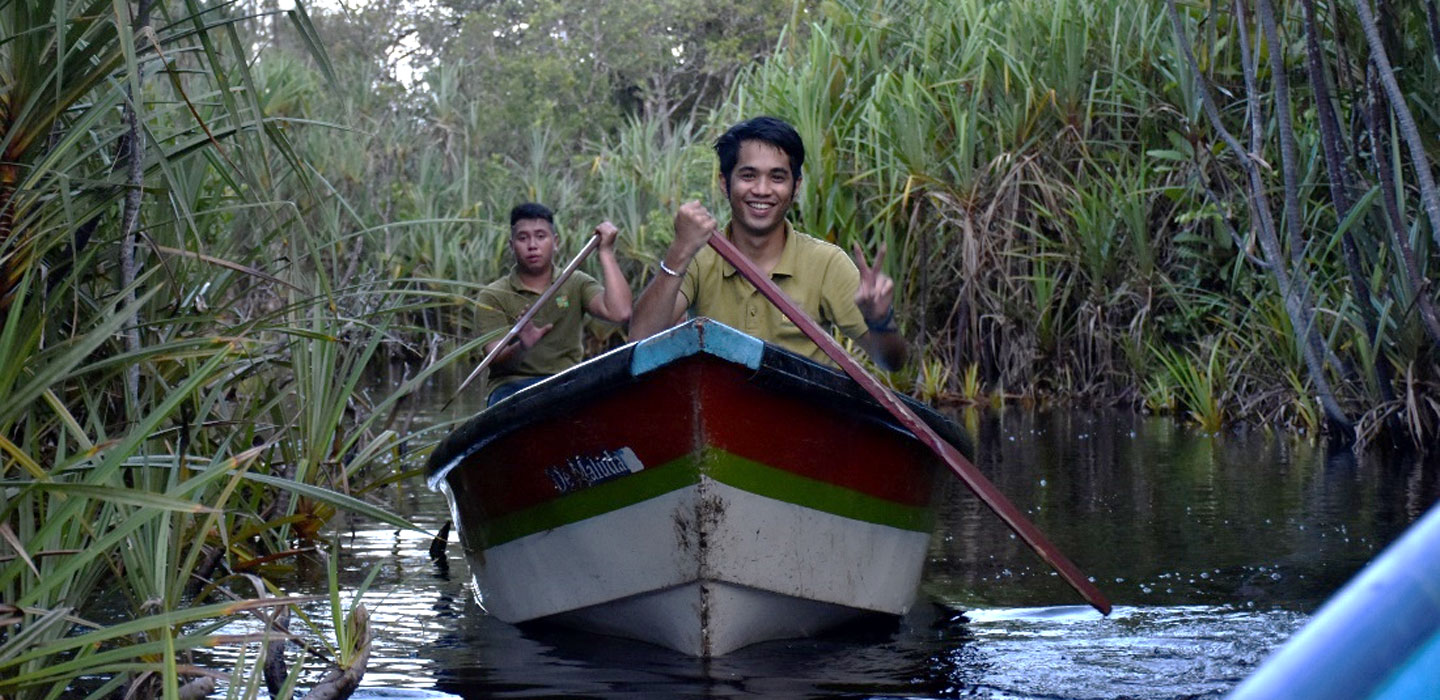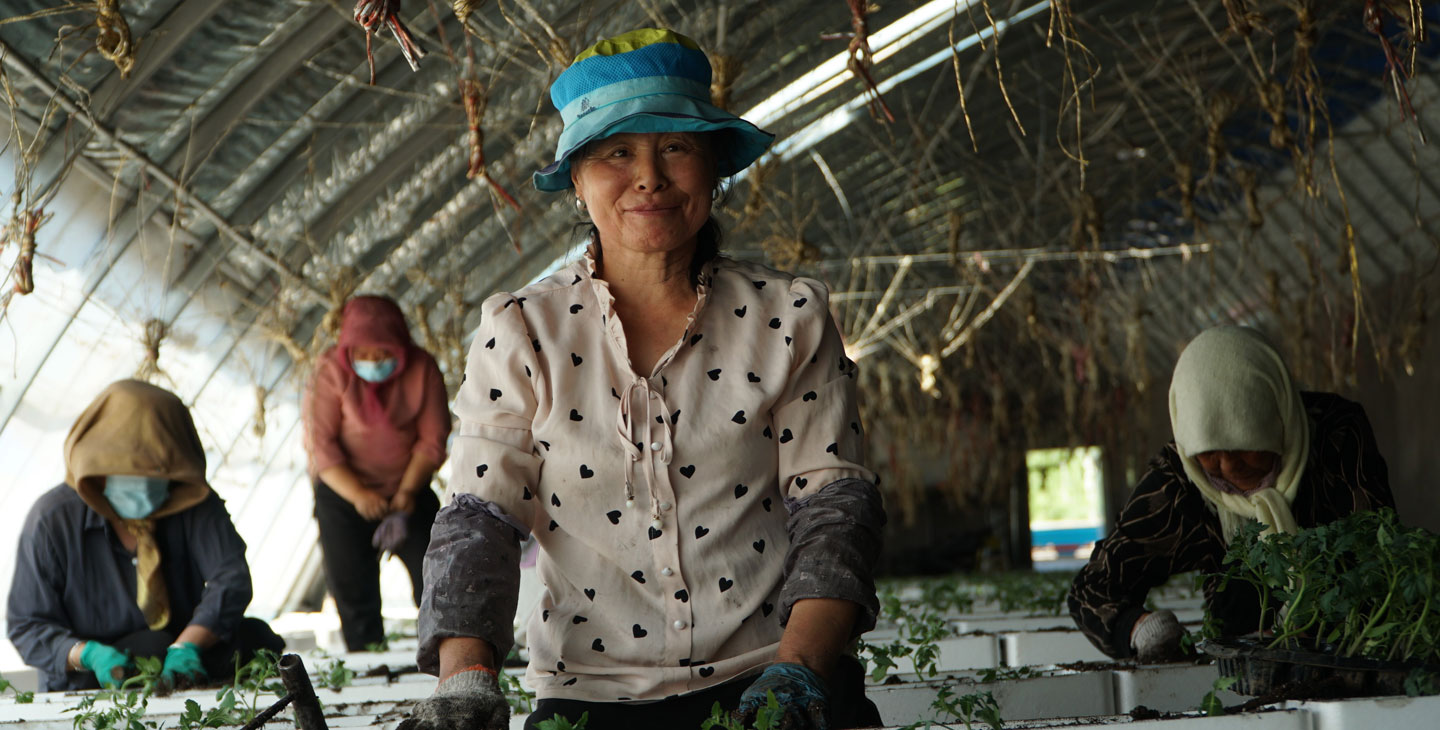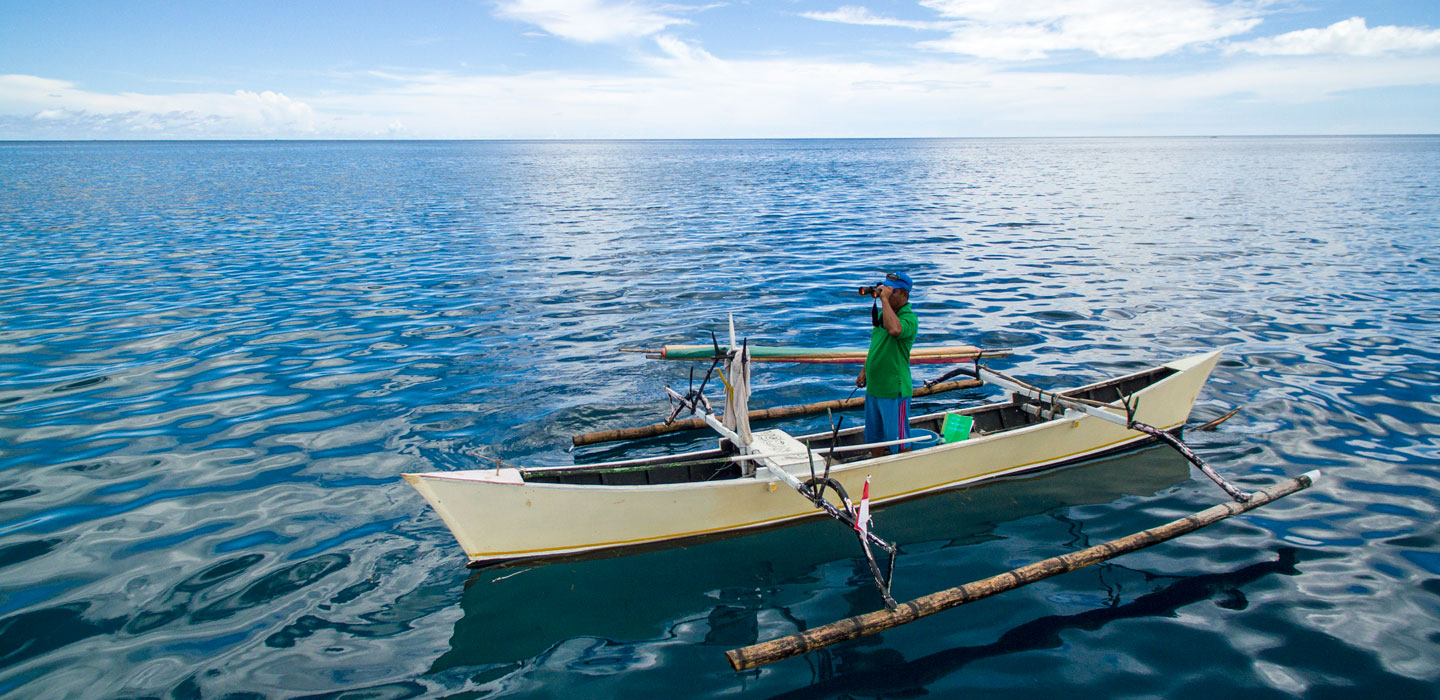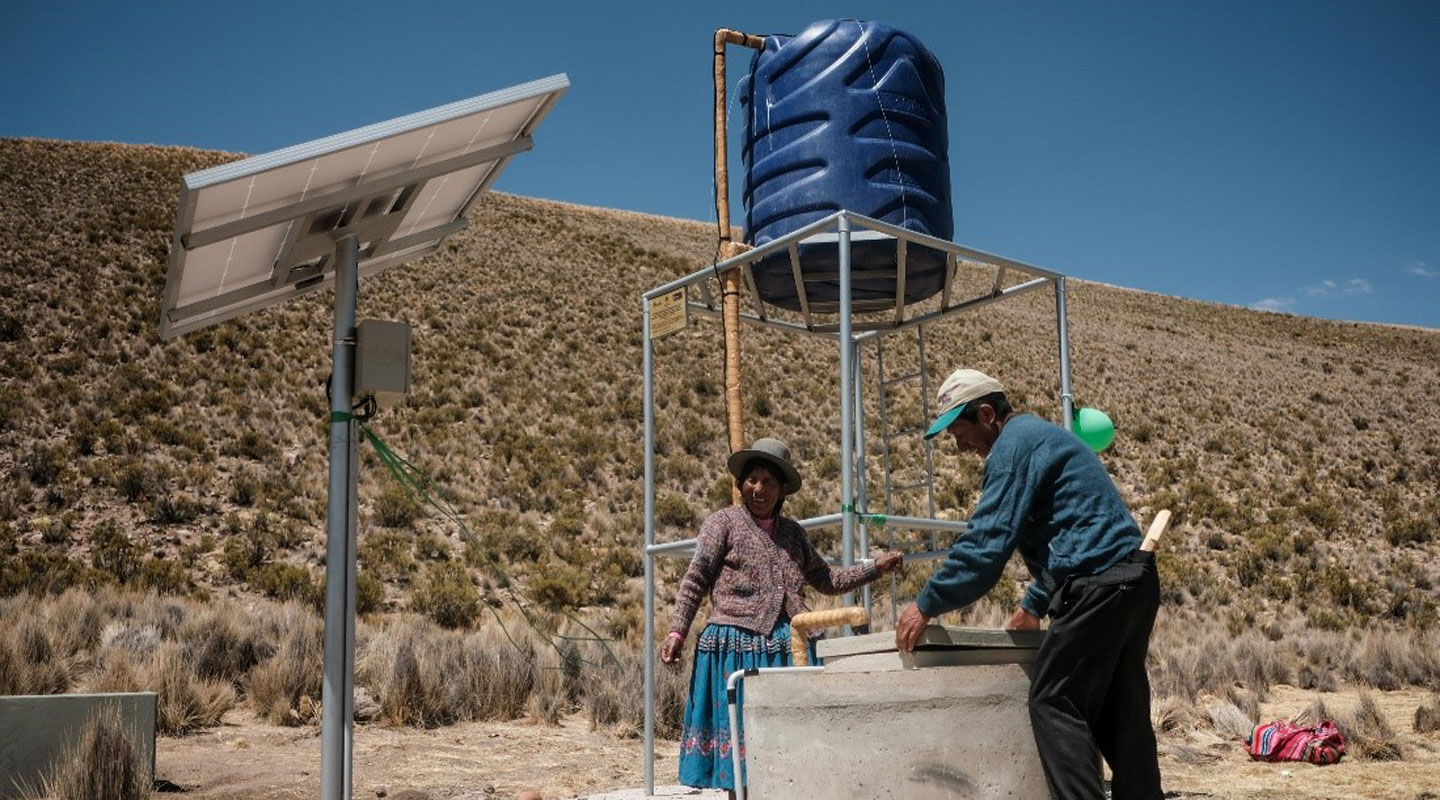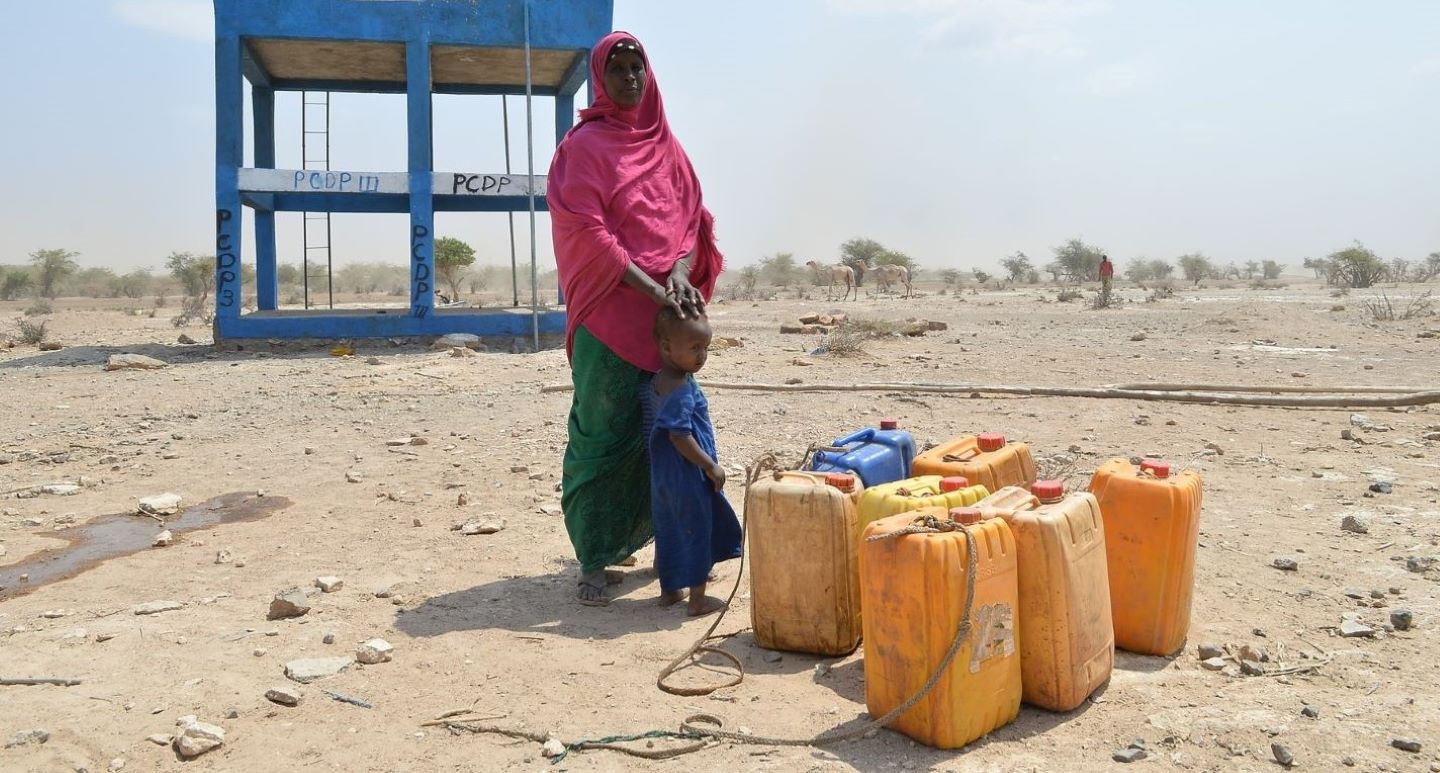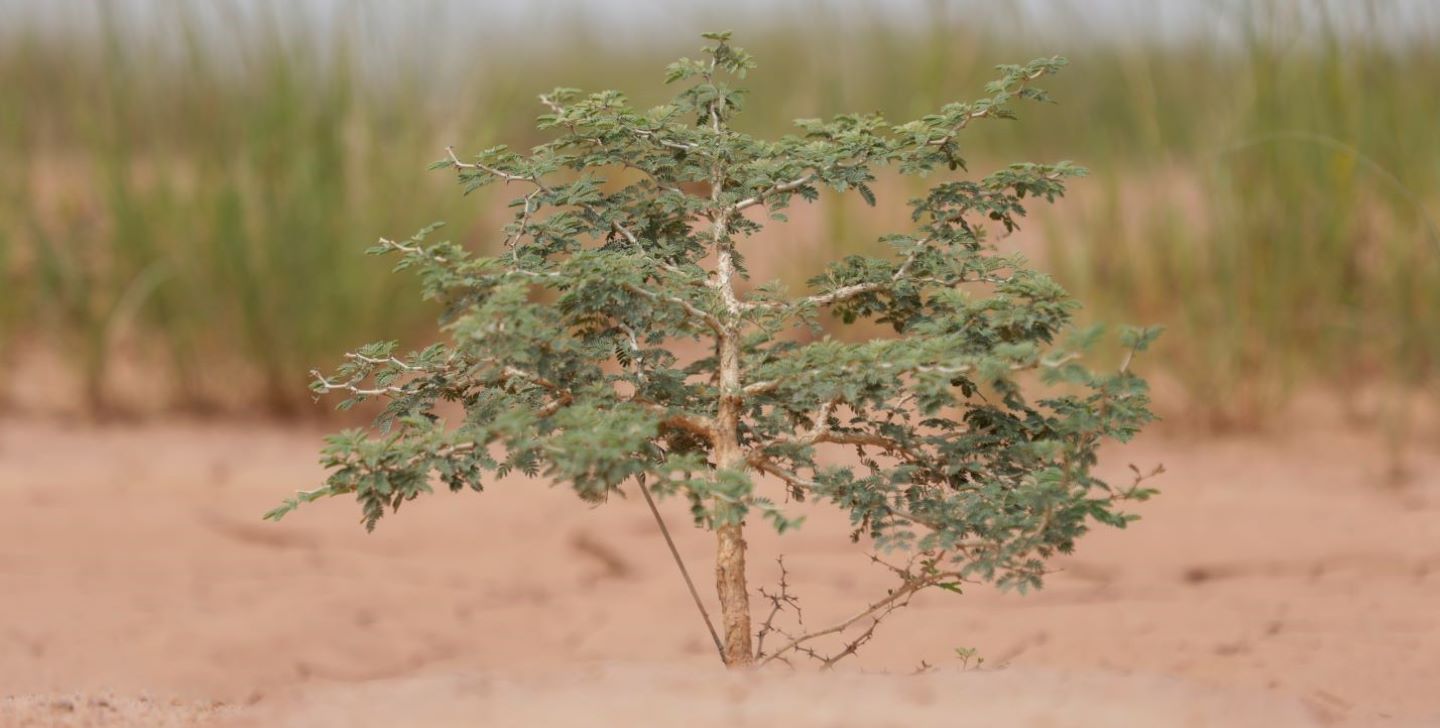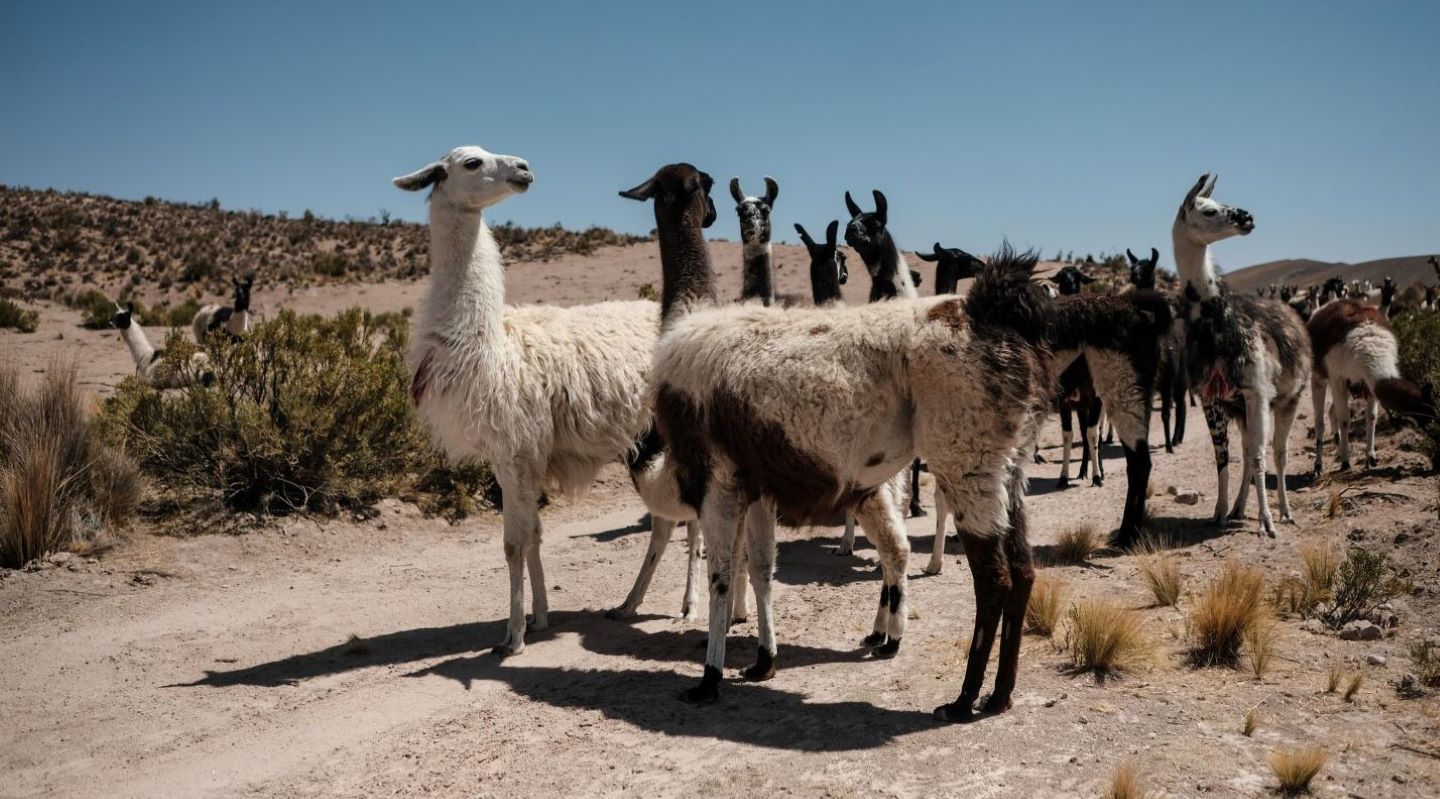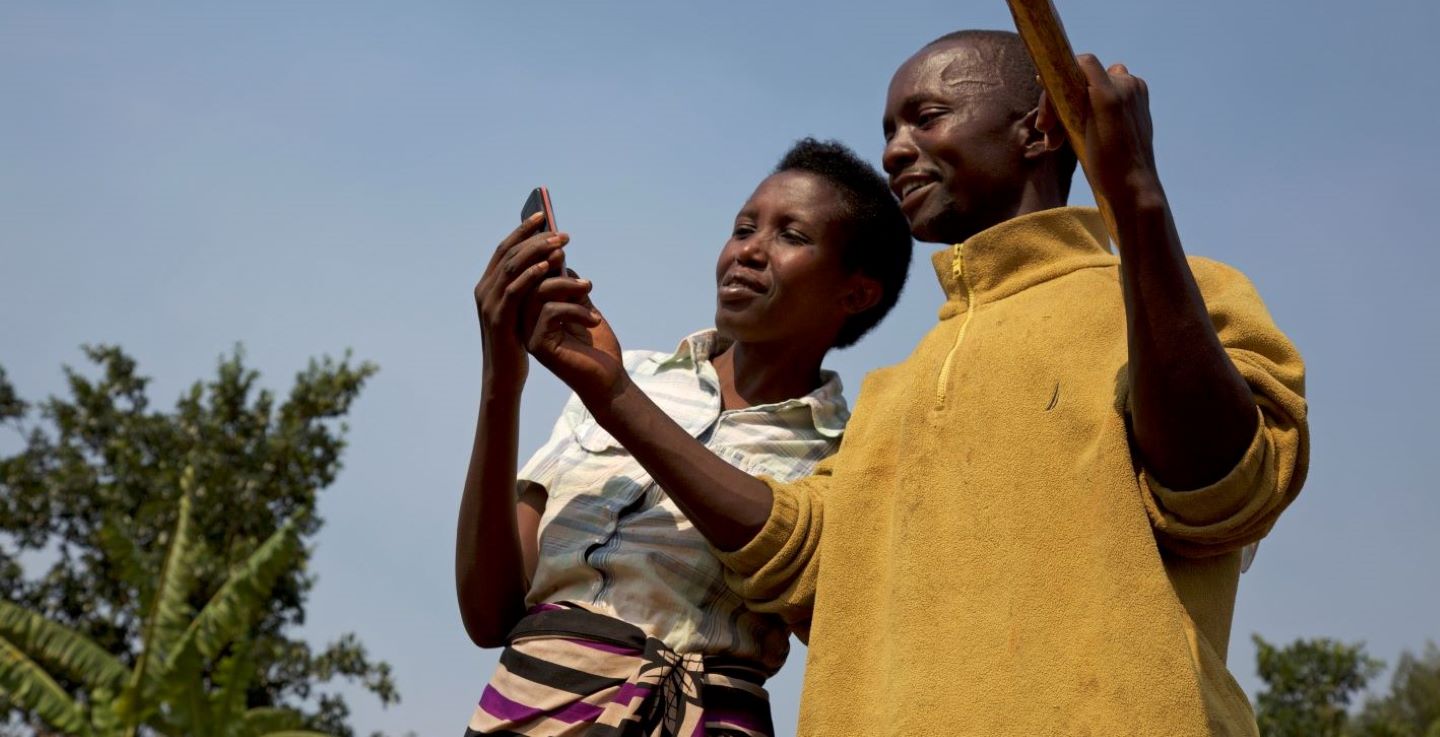Latest
Latest

Latest
Manual Submenu Topics
Search Results Filters
Search Results
The three types of biodiversity: explained
Genetic, species, ecosystem: learn about the three main types of biodiversity and explore the role each plays in making agriculture productive, nutritious and resilient.
See how water and peace go hand in hand
Peace and water are inextricably intertwined. That’s why sustainable rural development can help reduce conflict in communities – and why water is often the crucial element that can make the difference.
IFAD and Montenegro sign financing agreement to support climate adaptation in Northern mountainous areas
Amid growing climate challenges in Montenegro, IFAD signed an agreement with the Government of Montenegro to finance the Adaptation to Climate Change and Resilience in the Montenegrin Mountain Areas project (GORA). The project aims to support small-scale farmers and rural communities to cope with the effects of a changing climate.
IFAD and partners to build resilience of smallholder farmers to climate change impacts in seven Sahelian Countries
Today, IFAD launched the Africa Integrated Climate Risk Management Programme (AICRM): Strengthening Smallholder Farmers' Resilience to Climate Change Impacts, with a workshop in Banjul, The Gambia. Dr Jyotsna Puri, Associate Vice-President of the Strategy and Knowledge Department at IFAD joined over 60 participants, including government representatives from the programme's host countries, as well as financial and implementing partners.
Champions of change: Meet the winners of the 2024 IFAD Gender Awards
Visit the five inspiring winners of this year’s Gender Awards and find out how they’re addressing the harmful practices, social norms and economic disparities that keep women from achieving their potential.
Global food crisis, poor nutrition and the effects of climate change need urgent action, says IFAD President
A global food crisis and the effects of climate change are taking a toll on those most vulnerable: millions of people – many of them small-scale farmers and their families – who are unable to afford a healthy diet. At this critical juncture, Alvaro Lario, President of IFAD, is visiting the Solomon Islands and Australia from 29 February to 8 March 2024 to collaborate on next-steps and to deepen IFAD’s strategic partnership with governments across the region.
Zero waste, full plates: winning with school meals - Episode 54
In this episode, we explore why we must pursue zero hunger and zero waste as joint goals. In particular, we look at how these efforts are crucial for children, who depend on nutritious diets for healthy development.
Prosperity or the planet? Luckily, they're not mutually exclusive
All too often, value chain development harms the planet by emitting carbon and degrading environments. That’s why to build truly prosperous rural areas, we must make value chains not just strong, but sustainable.
Twenty years on from the first Farmers’ Forum, four farming leaders weigh in
We asked four farmers’ organization leaders from around the world about current challenges, new developments and their hopes for the future at the eighth global meeting of the Famers’ Forum.
Sophie Grigson on how diversifying crops in Malawi cultivates sustainability and resilience
IFAD Recipes for Change chef Sophie Grigson travelled to Malawi to meet local small-scale farmers who are fighting back against climate change by diversifying their crops.
Recipes for Change: Nsima with chicken casserole and khobwe balls
Learn how to make a delicious and sustainable Malawian meal with these recipes collected from rural communities by Chef Sophie Grigson.
Swaying the power of seaweed - Episode 53
Seaweed packs a punch. It produces more than half of the world’s oxygen and removes millions of tons of carbon dioxide from the atmosphere each year. It's also incredibly nutritious and easily cultivated, with seaweed farming making up nearly a third of all marine aquaculture.
The wonderful power of wetlands
Wetlands are closely linked with our wellbeing – they protect against erosion, improve water quality, and host a vast range of species. Let’s visit some of these precious ecosystems and meet the rural people protecting them.
In rural China, greenhouses bring new life to the desert
Growing food is a challenge in the harsh desert landscape of northwestern China. But thanks to new greenhouses built by a local cooperative, this village is bursting with fruits, vegetables and mushrooms.
Navigating marine biodiversity for a better tomorrow – Episode 52
Marine biodiversity is a precious resource – but it has long been under threat. Today's coral reefs, for example, cover half the area they did in 1950, and nearly 10 per cent of marine life is at risk of extinction.
Clean energy, thriving rural communities
Rural communities need energy to develop, but in a rapidly heating world, a green transition is crucial. Renewable sources, like solar power and biogas, are allowing them to prosper without relying on polluting fossil and wood fuels.
When it comes to measuring water security, lived experiences matter
Water stress is growing around the world. To effectively tackle it, a new approach assesses not only whether water infrastructure is available and working, but also whether it is meeting the needs of the people who rely on it.
IFAD President makes first official visit to Algeria to promote youth employment and climate adaptation in rural areas
IFAD President Alvaro Lario will be visiting Algeria next week in his first official visit to the country since he was elected head of the International Fund for Agricultural Development in 2022.
Why camelids are key to a better future in Bolivia and beyond
Why has the UN declared this year the International Year of Camelids? IFAD’s Country Director for Bolivia, Daniel Anavitarte, explains why you should care about these extraordinary mammals – and why they’re key to sustainable rural development in South America and beyond.
Early warning systems help small-scale farmers prepare for climate change
Climate change is making extreme weather events more intense and frequent. With IFAD’s support, small-scale farmers are getting the advanced warning they need to limit damage to their livelihoods – and recover faster.
